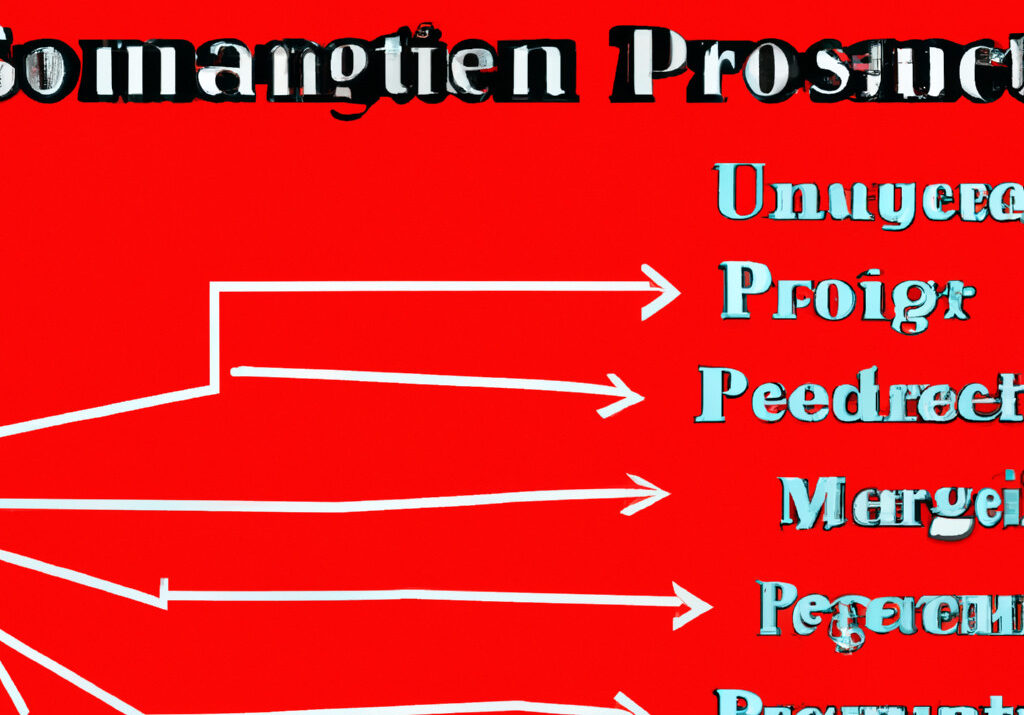
Introduction
The rapid urbanization and industrialization in Delhi have led to a surge in infrastructure projects. However, many of these projects remain uncompleted due to various reasons, causing significant economic and social issues. Understanding the reasons behind these uncompleted projects and finding solutions is a worthy subject of discussion for three main reasons: it can help improve project management, minimize wastage of resources, and enhance the city’s development. This article aims to explore the issue of uncompleted projects in Delhi and propose project management solutions (Srivastava & Kumar, 2014).[1]
• Uncompleted projects in Delhi show the inefficiencies in project management.
• These projects are a wastage of resources that could have been used elsewhere.
Reasons for Uncompleted Projects in Delhi
Several factors contribute to the issue of uncompleted projects in Delhi. These include inadequate planning, poor risk management, lack of competent human resources, and financial constraints. Inadequate planning often leads to unrealistic project timelines and budgets, while poor risk management results in unanticipated issues that stall project progress (Kumar & Jain, 2016).[2]
Impact of Uncompleted Projects
Uncompleted projects in Delhi have severe economic and social implications. They lead to a waste of public funds, cause inconvenience to the public, and hinder the city’s development (Mishra, 2017).[3]
• Uncompleted projects lead to economic implications like wastage of public funds.
• They cause social issues, including inconvenience to the public.
Project Management Solutions for Uncompleted Projects
To address the issue of uncompleted projects in Delhi, robust project management solutions are needed. These include proper planning, effective risk management, building competent project teams, and ensuring financial stability. Proper planning involves setting realistic timelines and budgets. Effective risk management entails identifying potential risks and developing strategies to mitigate them (Kerzner, 2017).[4]
Case Study: Successful Application of Project Management Solutions
A case in point is the Delhi Metro Rail Corporation (DMRC), which has successfully completed several projects on time and within budget by employing effective project management strategies. These include rigorous planning, risk management, skillful project teams, and ensuring financial stability (DMRC, 2018).[5]
• The Delhi Metro Rail Corporation is a successful example of effective project management.
• The DMRC employs strategies like rigorous planning, effective risk management, and financial stability.
Conclusion
In conclusion, the issue of uncompleted projects in Delhi can be addressed through effective project management solutions. By learning from successful examples like the DMRC, other projects can also achieve timely completion and contribute towards the city’s progress (Kerzner, 2017).[4]
References
[1] Srivastava, S. K., & Kumar, R. (2014). Urban Infrastructure in India. Indian Institute of Public Administration. https://www.iipa.org.in/www/iipalibrary/iipa/news/Urban%20Infrastructure%20in%20India.pdf
[2] Kumar, N., & Jain, P. K. (2016). Infrastructure development and its environmental impact in Delhi. Delhi School of Economics. http://www.du.ac.in/du/uploads/Research/22022016_1.pdf
[3] Mishra, S. K. (2017). Challenges and Strategies in the Implementation of Infrastructural Development Projects in Delhi. National Institute of Urban Affairs. http://www.niua.org/sites/default/files/publications/DP16-Infrastructural_Development_Delhi.pdf
[4] Kerzner, H. (2017). Project management: a systems approach to planning, scheduling, and controlling. John Wiley & Sons. https://www.wiley.com/en-us/Project+Management%3A+A+Systems+Approach+to+Planning%2C+Scheduling%2C+and+Controlling%2C+12th+Edition-p-9781119165354
[5] Delhi Metro Rail Corporation. (2018). Annual Report 2017-18. DMRC. https://www.delhimetrorail.com/annual_report.aspx







